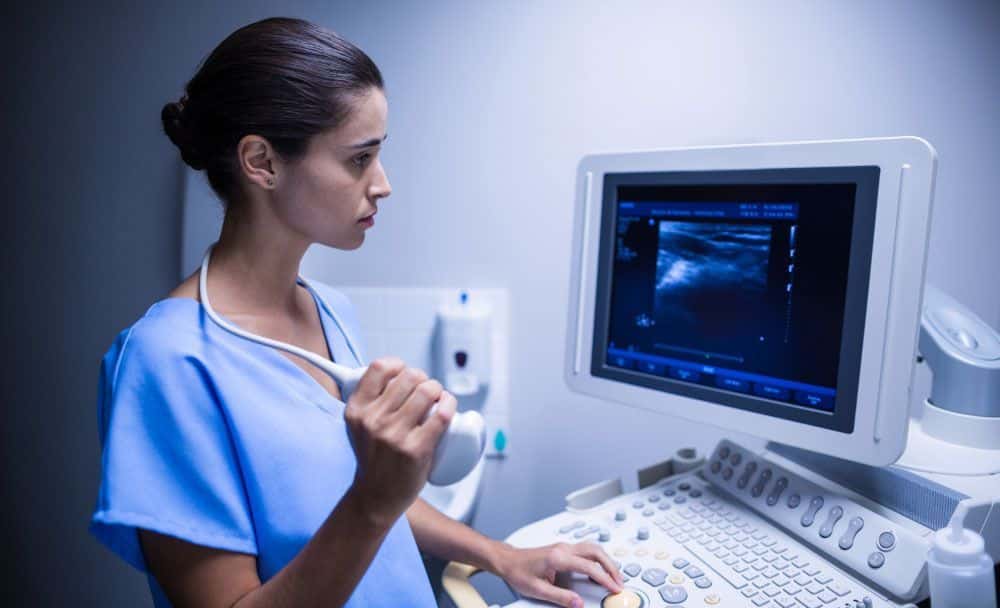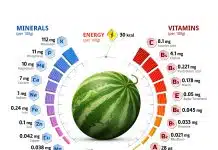Colon cancer, or colorectal cancer, is a formidable health concern affecting millions worldwide. It is a gastrointestinal malignant tumor and one of the commonest cancers in males and the third most common cancer among females worldwide. Several factors, including adenomatous polyps and chronic inflammatory bowel disease history, lead to colon cancer. [1] As one of the most prevalent forms of cancer, it originates in the colon or rectum and can manifest with a diverse range of symptoms of colon cancer.
Early cancer detection and timely intervention are crucial in combating colon cancer and improving patient outcomes. In this article, we will study the comprehensive spectrum of symptoms of colon cancer and shed light on the common manifestations and those that may be more subtle or easily overlooked. By getting familiarized with these indicators, it is easier to get empowered to take proper care and proactive steps toward early detection and improved colon cancer treatment outcomes.
What are the Symptoms of Colon Cancer?
While early colorectal carcinoma is usually asymptomatic, there are some common symptoms of colon cancer, such as bleeding from the rectum, the most common presenting colon cancer symptom. In advanced stages, there may be an intestinal obstruction and distant metastasis, which are also life-threatening complications.
Exploring the symptoms of colon cancer thus becomes paramount in raising awareness, enhancing knowledge, and promoting proactive healthcare. While some individuals may experience noticeable warning signs, others may remain asymptomatic until the disease progresses. Understanding the various symptoms of colon cancer allows us to recognize potential red flags and seek appropriate medical attention promptly.[1]
Changes in bowel habits to unexplained weight loss, from rectal bleeding to persistent fatigue, are some common colon cancer symptoms that may indicate the disease in its initial stages. They can also be associated with other conditions. Therefore, consulting a healthcare professional is crucial for an accurate diagnosis. Most of the symptoms of colon cancer occur before the tumor has metastasized. Here are some of the main colon cancer symptoms:
- Rectal bleeding
- Upper and lower abdominal pain can sometimes become very severe
- Constipation and diarrhea
- Distended abdomen, bloating [2]
How to diagnose colon cancer, and what is the treatment?
Accurate diagnosis of colon cancer is achieved by sampling areas of the colon that are under suspicion for possible tumor development during colonoscopy or sigmoidoscopy. Abdominal examination contributes to the primary diagnosis of colon cancer, followed by a digital examination with equal importance. Proctoscopy or sigmoidoscopy is then conducted to get a diagnosis in case there is no diagnostic contribution from the clinical study.[2]
The most crucial laboratory examinations to diagnose colon cancer are Haemoglobin (Hb) concentration and Faecal occult blood test (FOBT). Colonoscopy was equally helpful in the diagnosis of colon cancer patients as well as in detecting the signs of colon cancer. [2]
The most common lines of colon cancer treatment include:
- Surgery
- Chemotherapy
- Radiotherapy
- Biologic therapy [1]
FAQs
While researchers are still studying colon cancer causes, one of the main reasons attributed to it is a genetic mutation that can either be inherited or acquired. Although
such mutations do not guarantee that one will suffer from the same condition, it certainly increases the chances to a large extent. Certain mutations tend to cause abnormal cells to accumulate in the colon lining, forming small, benign polyps. However, these can be severe colon cancer causes if left untreated, as they can turn cancerous. Hence, Removing these growths through surgery can be a preventive measure and an effective colon cancer treatment.
The colon cancer stages range from stage 0 to stage 4. Stage 0 is known as carcinoma in situ, and in this particular stage, abnormal or malignant cells grow only in the inner lining of the colon or rectum. In stage 1, cancer penetrates the lining or mucosa; stage 2 sees cancer spread to the walls of the colon or rectum; stage 3 sees it move to the lymph nodes; and stage 4, cancer spreads to other distant organs, such as the liver or lungs.
To answer the question is colon cancer curable, it is essential to look into the available preventive measures. While it cannot be cured entirely, there are various ways to prevent it, such as cutting down the amount of red meat you consume, steering clear of processed meats, such as hot dogs and deli meats, eating more plant-based foods, and decreasing dietary fat.
Conclusion
Through this article, we have attempted to delve into the multifaceted world of what is colon cancer, the colon cancer symptoms, colon cancer causes, understand its significance, and learn how to identify potential warning signs. By fostering a greater understanding of this disease, one can strive for early detection, improved colon cancer treatment outcomes, and, ultimately, a brighter future in the fight against colon cancer.
Disclaimer:
This article is written from a health and wellness perspective and is not medical advice. Kindly seek the help of a certified medical practitioner before initiating any treatment.



















